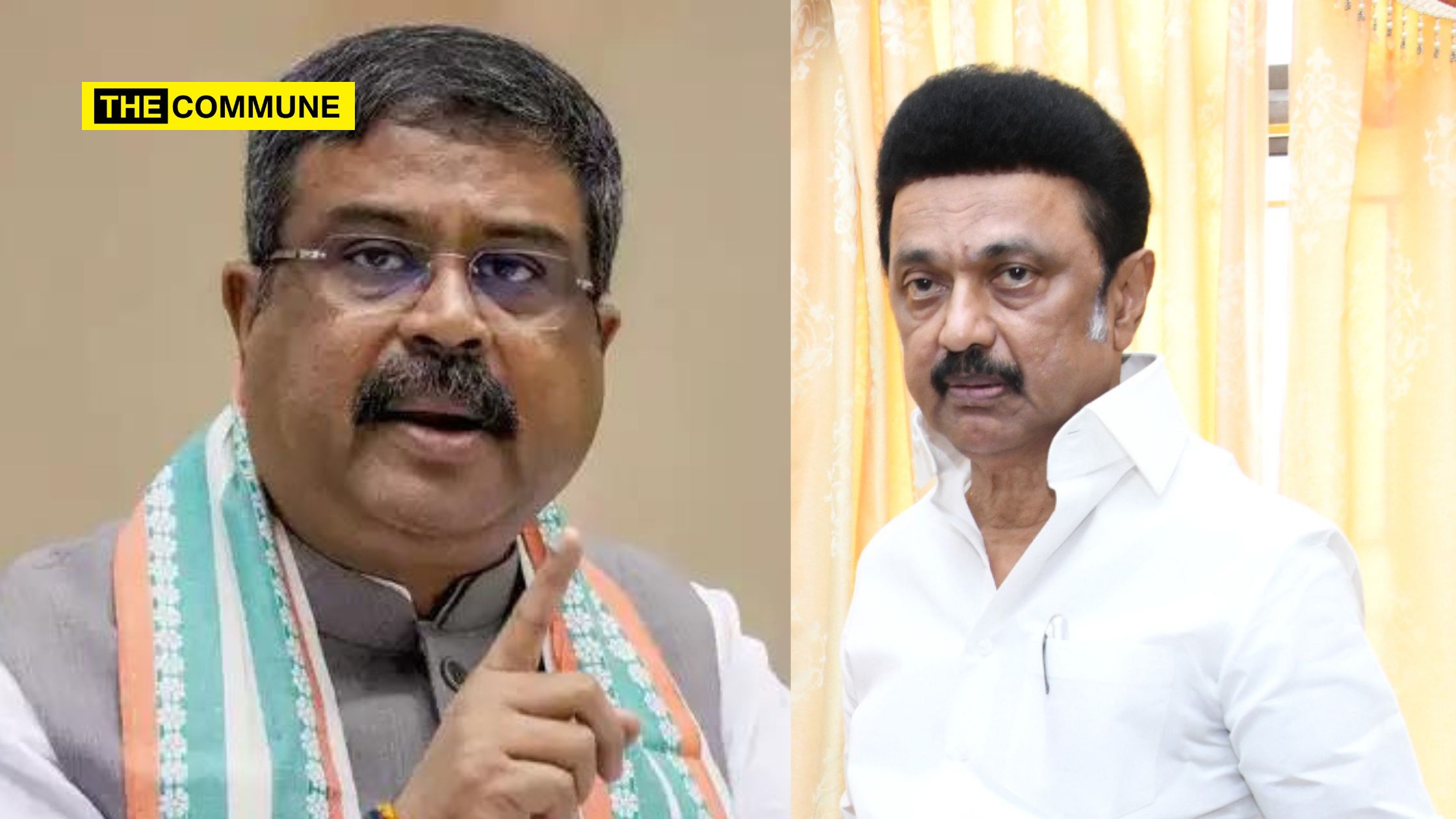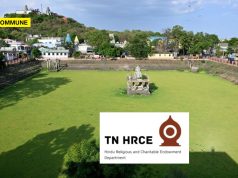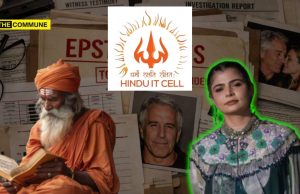
On 9 September 2024, Union Education Minister Dharmendra Pradhan accused Tamil Nadu Chief Minister M.K. Stalin of attempting to create conflict between states to criticize the non-implementation of the National Education Policy (NEP).
Pradhan’s remarks were in response to Stalin’s allegations that the central government is withholding funds under the Samagra Shiksha Scheme from well-performing states that refuse to adopt the NEP.
Union Education Minister Dharmendra Pradhan via his official X account stated, “Healthy competition amongst the states is always welcome in a democracy. However, pitting states against each other to make a point, goes against the spirit of the Constitution and the value of a unified India. NEP 2020 was formulated through wide range of consultations and has the collective wisdom of the people of India.”
The education minister also challenged Stalin on the state’s objections to the NEP and questioned, “I want to raise a few questions on your “principled” opposition to NEP:
- Are you opposing education in mother tongue including Tamil ?
- Are you opposing the conduct of exams in Indian languages including Tamil ?
- Are you opposing the creation of textbooks and content in Indian languages including Tamil ?
- Are you opposed to the holistic, multi-disciplinary, equitable, futuristic and inclusive framework of NEP? If not, I urge you to prioritise the interests of the students of Tamil Nadu over your political gains and implement NEP.”
Earlier, Tamil Nadu Chief Minister M.K. Stalin had shared a report from news column on X, that highlighted the reduction of Samagra Shiksha funds for states refusing to implement the NEP.
With the article, Stalin questioned the ruling BJP government at the Centre, “Denying funds to the best-performing states for refusing to bow to the #NEP, while generously rewarding those who are not delivering on the objectives – Is this how the Union BJP Government plans to promote quality education and equity? I leave it to the wisdom of our nation and our people to decide!”
Denying funds to the best-performing states for refusing to bow to the #NEP, while generously rewarding those who are not delivering on the objectives – Is this how the Union BJP Government plans to promote quality education and equity?
I leave it to the wisdom of our nation… pic.twitter.com/6whhTjD3bG
— M.K.Stalin (@mkstalin) September 9, 2024
Samagra Shiksha Scheme
The Samagra Shiksha Scheme is an integrated program that spans the entire education spectrum from pre-school through to class 12. It aims to provide inclusive, equitable, and affordable education and integrates the previous schemes of Sarva Shiksha Abhiyan (SSA), Rashtriya Madhyamik Shiksha Abhiyan (RMSA), and Teacher Education (TE). The scheme covers 1.16 million schools, over 156 million students, and 5.7 million teachers in government and aided schools, from pre-primary to senior secondary levels. Launched by the Ministry of Education in 2018, it is implemented as a centrally sponsored scheme with a 60:40 funding split between the Centre and most states.
Samagra Shiksha Scheme 2.0
The Cabinet Committee on Economic Affairs has approved the continuation of the Samagra Shiksha Scheme 2.0 until the 2025-26 financial year. This upgraded version of the program aligns with the Sustainable Development Goal for Education and the 2020 National Education Policy (NEP).
Direct Benefit Transfer (DBT): To enhance outreach, the scheme will now deliver child-centric benefits directly to students through an IT-based DBT platform. This includes RTE (Right to Education) entitlements such as textbooks, uniforms, and transport allowances.
NEP Recommendations: The scheme introduces new components, including the appointment of language teachers, bilingual books, and teaching materials, in line with NEP recommendations. It will also support pre-primary education with funding for teaching materials, indigenous toys, and play-based activities, as well as training for master trainers and anganwadi workers.
NIPUN Bharat Initiative: This initiative provides annual funding of Rs. 500 per child for learning materials, Rs. 150 per teacher for manuals and resources, and Rs. 10-20 lakh per district for foundational literacy and numeracy assessments.
Digital Initiatives: The scheme includes provisions for ICT labs, smart classrooms, digital boards, virtual classrooms, and DTH channels, which have gained importance following the Covid-19 pandemic.
Support for Out-of-School Children: It allocates Rs. 2000 per grade to support out-of-school children aged 16 to 19 to complete their education through open schooling and emphasizes skills and vocational education.
Other Features: The scheme also offers financial support for the State Commission for Protection of Child Rights, introduces a Holistic Progress Card (HPC) to track student progress, supports PARAKH, a national assessment center, and provides additional sports grants. It includes provisions for Bagless Days, school complexes, internships with local artisans, curriculum reforms, and social audits covering 20% of schools annually to ensure comprehensive coverage within five years.
The Tamil Nadu government is resistant to initiatives from the central government aimed at benefiting underprivileged government school students, citing concerns over language policies and other measures that has no logic. This opposition is perceived as impeding the growth and development of young students in the state.
Subscribe to our Telegram, WhatsApp, and Instagram channels and get the best stories of the day delivered instantly.




